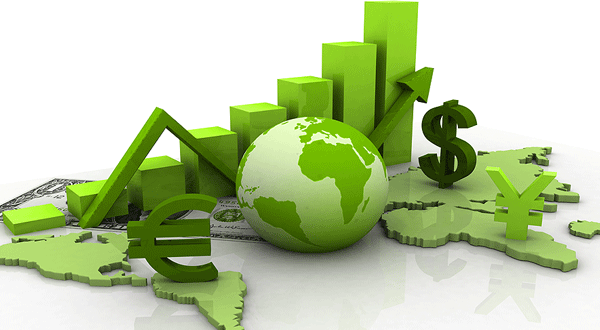Bahrain’s Cabinet approved Monday to raise prices of fuel by 60 percent. The super fuel will be sold at 160 Bahraini fils per liter from 100 fils and regular fuel at 125 fils per liter from 90 fils. The new prices will come into effect as of Tuesday, Jan.12. Thus, Bahrain became the third Gulf country to raise fuel prices since the beginning of the year after Saudi Arabia and Oman.
The move will allow Bahrain gain up to 250 million dollars, an economist reported to Asharq Al-Awsat. He added that the kingdom is planning to cut subsidy and liberate the prices of many of the commodities, petroleum products and services that burden the public treasury by about $3.18billion (1.2 billion Dinars)annually.
In a press statement following the Cabinet meeting, Energy Minister Dr. Abdulhussain Mirza said the step was taken to address the financial situation the country is facing amid the unprecedented drop in oil prices, which has witnessed the decline of oil price per barrel by over 60 percent.
He also said that the decline in oil prices has direct negative impacts on the State’s budget, adding that the decision aims to reduce financial deficit.
Dr Mirza pointed out that GCC member states have either taken or are going to take quick decisions aiming to cut subsidy, he noted.
He went to say that the price of gasoline has remained unchanged for 33 years, precisely since 1983, and that the amended price would “promote efficient use of energy sources, have a positive impact on both the economy and the environment, and contribute to the Kingdom’s long-term fiscal stability.”
According to the Bahraini Economic Analyst, Dr Hassan al-A’ani, official statements showed that oil subsidy has cost the public treasury about 424 million dollars in 2015, thus he expected the raise of oil prices to let the country save about 250 million dollars a year.

